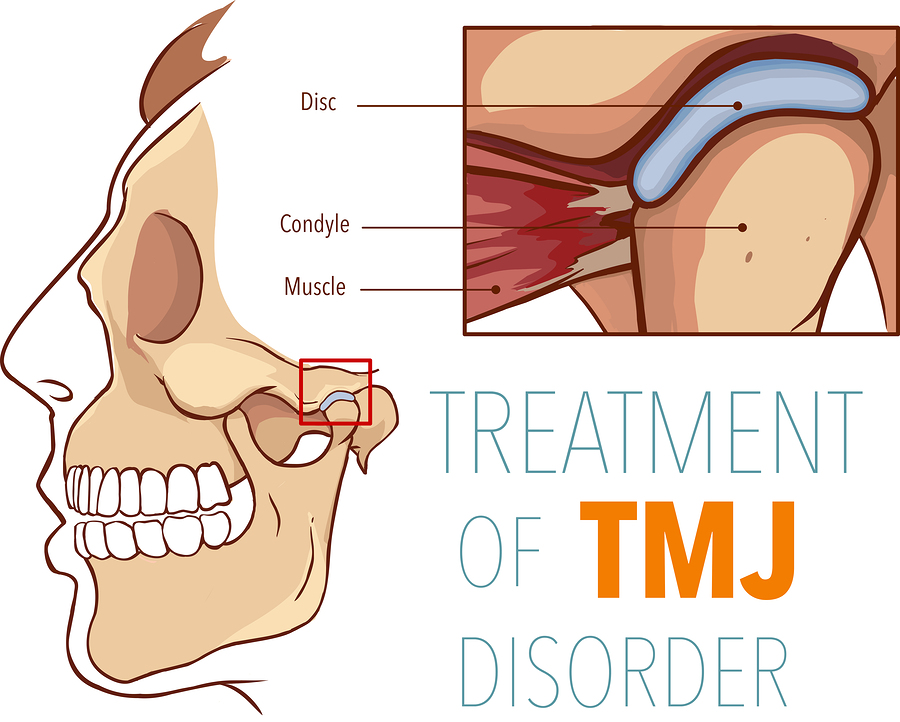Category: TMJ/TMD

Diagnosing TMJ and TMD and How We Can Help
-
By
TMJ refers to the temporomandibular joint, which is located on the front of the ear on both sides of your head. It is a ball-and-socket joint, comparable to your hip joint, and its primary function is to open and close your jaw. Symptoms of TMJ or Temporomandibular Disorder (TMD) can include pain in the joint right in front of the ear, or it can be a pain in any of the muscles around the mouth, temples, the neck, and the back of the head. A more well-known symptom of TMJ is the infamous clicking noises in the joints, and when you open and close your mouth.
So what has caused this disorder? There can be numerous reasons as to why you are experiencing the discomfort of TMD. These include clenching and grinding of teeth, trauma, a bad bite, and many more. Clenching and grinding habits happen when people are under a lot of stress and tend to clench and grind their teeth, this is common at night, during sleep, when the person isn’t even aware they’re doing it. The reason a bad bite is another cause is that there’s a relationship between the jaw hinge, the TMJ, and the way the teeth fit. It’s kind of like a three-legged stool, where the joints are two of the legs, and the teeth in contact are the third leg. A poorly functioning joint on one or both sides, or a tooth out of position, and balance is thrown off and the stool falls down. Luckily, this discomfort does not have to be a way of life; TMJ or TMD can be treated.
As a dental professional, my job is to deal with the bite issues to ensure they’re appropriate, but also create appliances to help manage the clenching and grinding. There are multiple treatments for TMJ that depend on the cause of the problems, the symptoms the patient is experiencing, and where the pain or dysfunction is. Just like almost anything in medicine, the treatments depend on who you go to. Treatments for TMJ include physical therapy, different types of bite guards or bite splints depending on the goal, injections of medications, arthroscopic surgery to clean the joint, or major surgery to reconstruct the joint. If you are experiencing any of these symptoms, do not hesitate to call your dentist or orthodontist, as they will help treat your TMJ and get you back to living your best quality of life.

